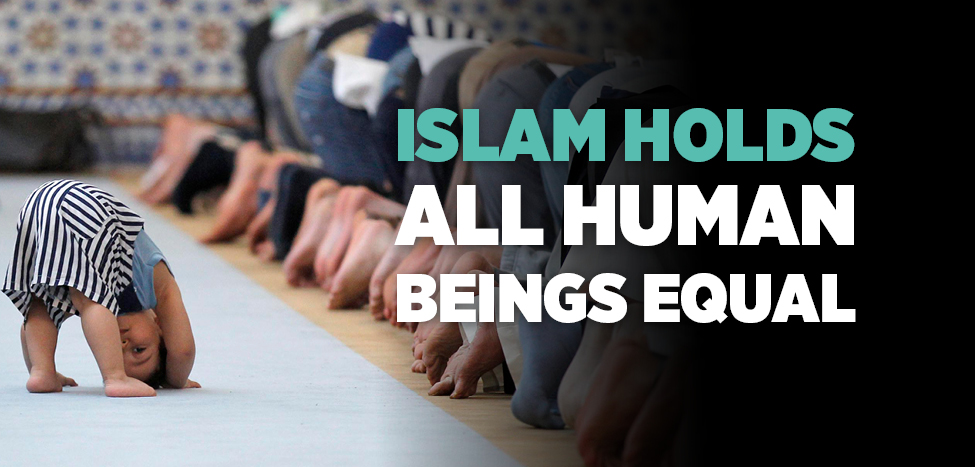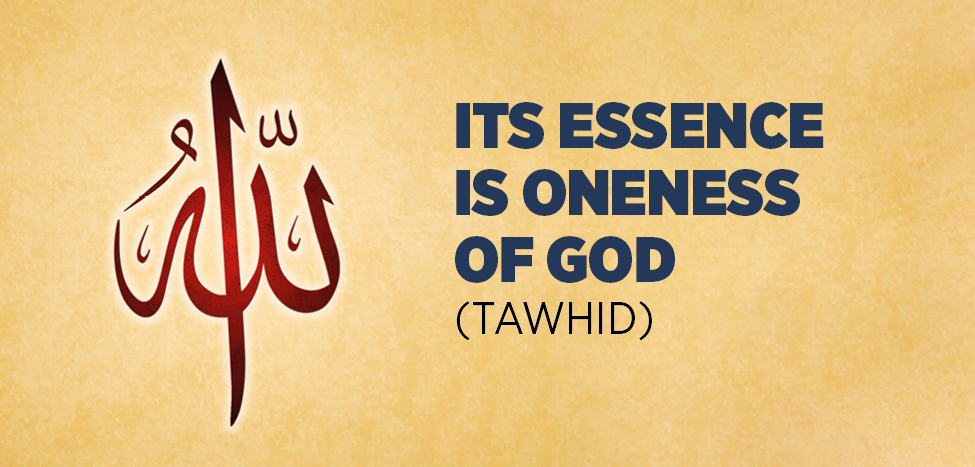How is the view of people in islam? Are people equal in islam?
In Islam, superiority among human beings is measured not through inevitable or predetermined matters such as race, color, or national origin, but by closeness to God Almighty and piety (taqwa), which human beings obtain through self-control and effort. Likewise, things such as wealth, beauty, strength, or rising to a certain position of power are not means of superiority. They are bounties granted by Allah and thanks for them should be given in the best fashion, each bounty deserving thanks akin to its own kind.
The bounties given to human beings in this world are like questions that are asked to a student in an examination. A student never thinks of being proud of the questions that are asked to him, instead he is happy with the grades that obtained as a result of his answering these questions. Since the rewards that the believers earn by using the opportunities and bounties that are granted for the purpose of testing will only be clear in the hereafter, there is no point whatsoever for bragging in this world. Such conceit would be a great mistake. Hence, one of the wise Muslim scholars, Abu Hazim, said: “Any bounty that does not get one closer to Allah is trouble.”
Even though HE Prophet (blessings and peace be upon him) has been sent as a mercy to all the worlds, when once he had to announce his superior characteristics, he declared them by repeating the statement “لَا فَخْرَ: No bragging” several times.[1]
In the sight of Allah, a believer who is heedful about his duties is superior to those who are heedless.[2] Our master, HE Prophet (blessings and peace be upon him) decreed in his Farewell Sermon:
“O People! Be mindful: Your Lord is One; your father (Adam) is one. Be careful! There is no superiority of an Arab to a non-Arab, nor of a non-Arab to an Arab, nor of red-skinned to black-skinned, nor of black-skinned to red-skinned. These can be superior to each other only in piety.” (Ahmad bin Hanbal, V, 411)
[1] Tirmizî, Menâkıb, 1/3616; Dârimî, Mukaddime, 8.
[2] Al Hujurat (The Private Quarters), 49: 13.
Source: Dr. Murat Kaya,The Final Divine Religion: ISLAM





